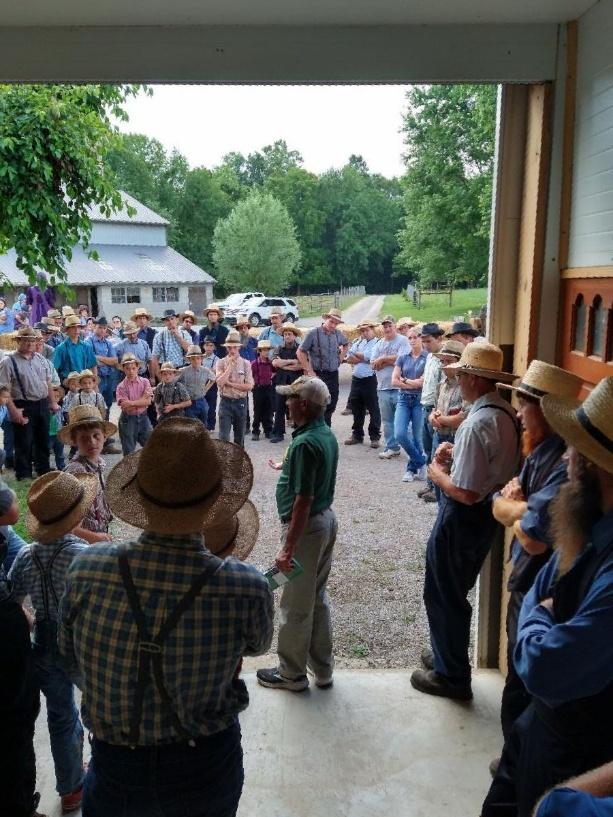Researchers at Kentucky State University have published critical findings from a project showing that surface water used for irrigation poses significantly higher risks for bacterial contamination than groundwater, potentially threatening food safety, especially for small-scale farmers across the state.
The study, led by Dr. Avinash Tope along with John Thomas and Tyler London, examined 296 water samples from 90 Kentucky producers over 18 months. Published in the high-impact journal Agriculture, their report titled “Helping Small-Scale and Socially Disadvantaged Growers in Improving Microbial Quality of Irrigation Water in Kentucky” reveals important findings for the state’s agricultural community. Surface water samples showed contamination levels ranging from zero to over 1,000 colony-forming units of E. coli per 100 milliliters—far exceeding federal safety thresholds. In contrast, groundwater samples rarely exceeded acceptable limits, with most showing zero contamination.
These findings are particularly significant given that approximately 77% of Kentucky’s farmers operate small-scale operations, with many selling directly to consumers through farmers’ markets and other venues worth $24 million annually.
Kentucky’s heavy reliance on surface water—comprising 95% of the state’s daily water usage—makes these findings particularly significant.
“We are grateful to the USDA’s Agricultural Marketing Service for funding this project,” said Dr. Tope. “This initiative has enabled Kentucky State’s Land Grant Program to strategically establish four water testing laboratories across the Commonwealth, providing essential services to farmers and stakeholders to ensure produce safety—particularly for fresh produce, our most vulnerable food commodity that is typically consumed raw with minimal processing. The outcomes of this project will expand our service capabilities and contribute to making our food supply safer at local, regional, and global levels.”
Through four regional sites across Kentucky, the team provided free microbial water quality testing to small-scale farmers who often lack resources for regular monitoring. Their program analyzed samples for coliform bacteria and E. coli, key indicators of potential contamination that can lead to foodborne illness outbreaks.
Findings emphasized the critical need for continued outreach, education, and accessible testing resources to support small-scale producers in maintaining safe agricultural practices.
Development of practical tools for assessing and improving water quality will help promote enhanced production safety and efficiency among participating growers, particularly those operating small-scale farms.
















